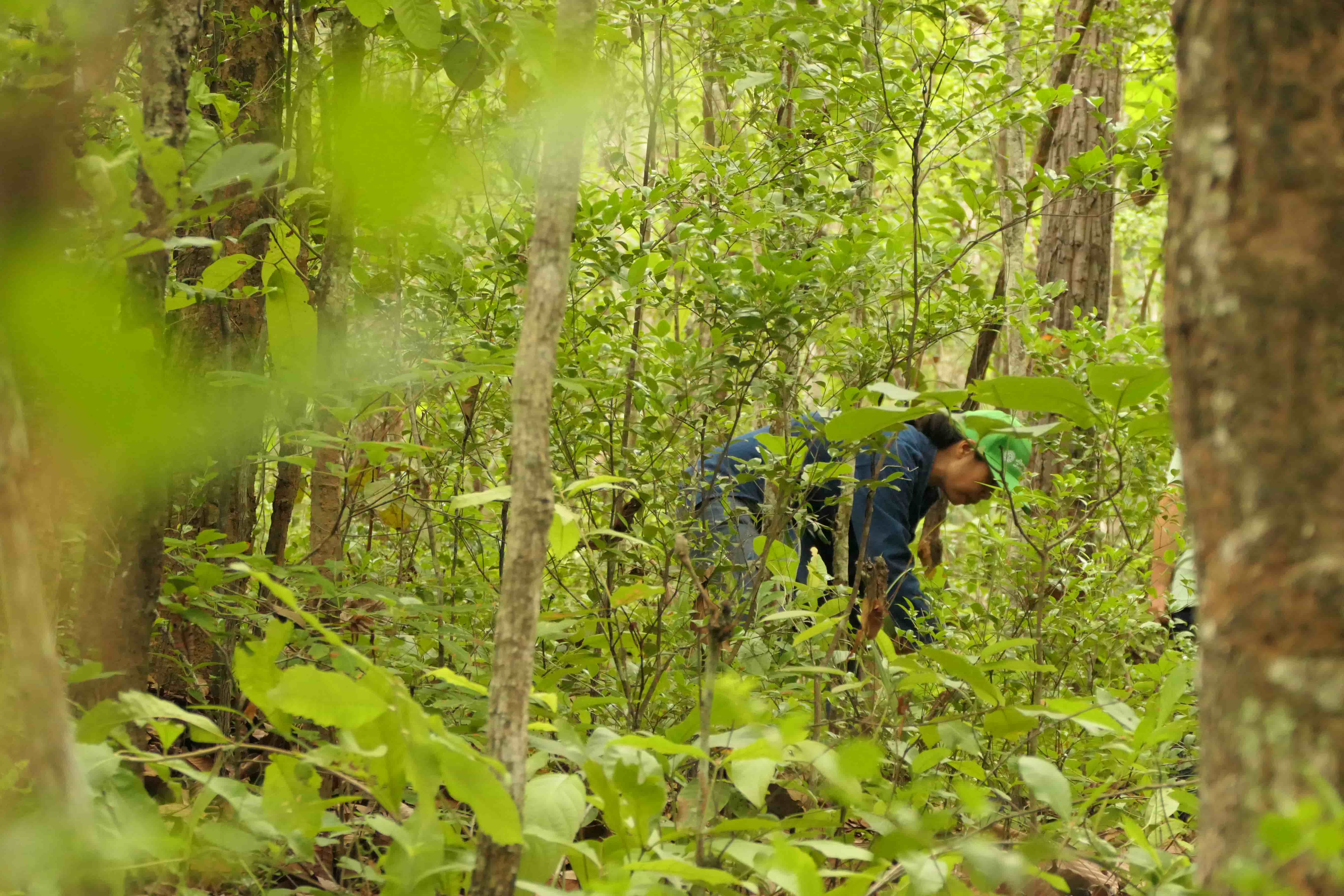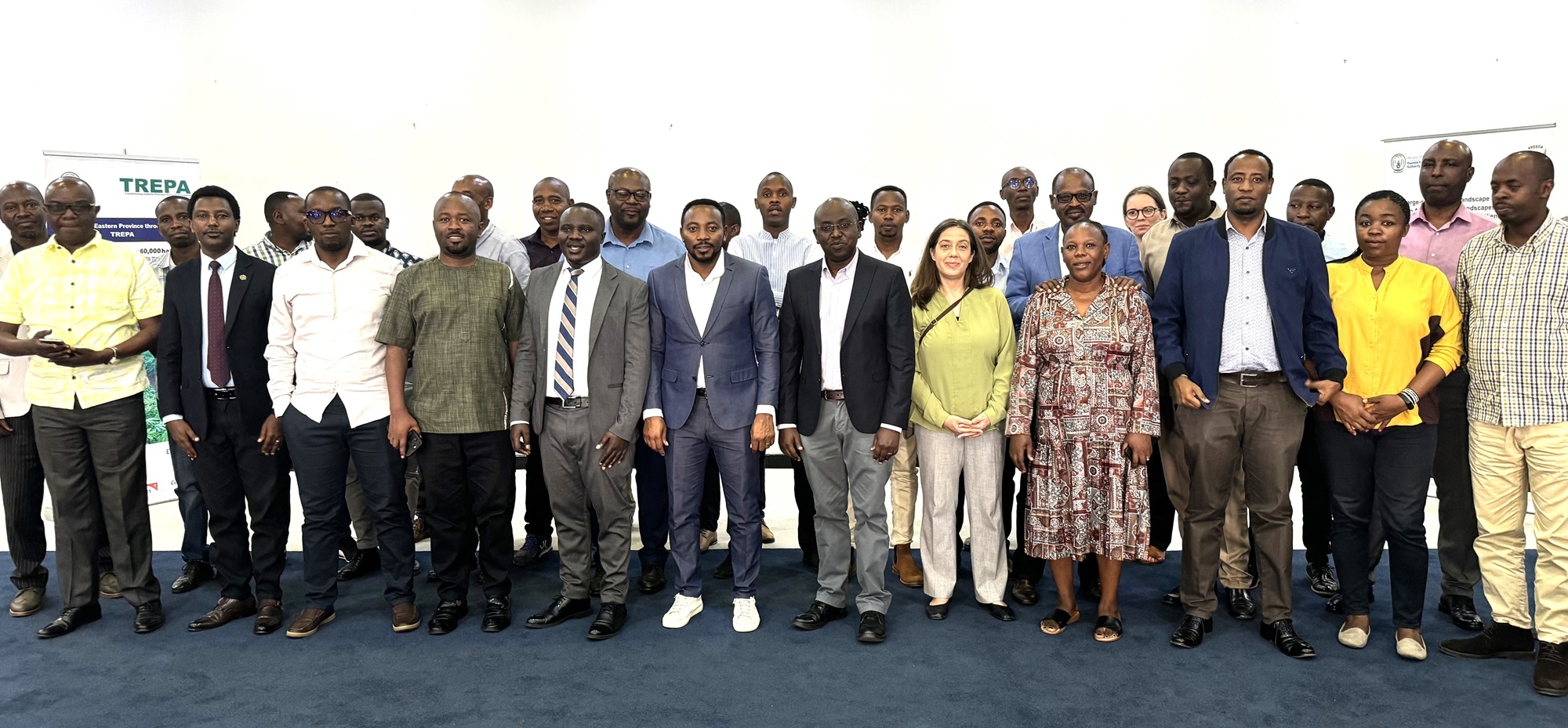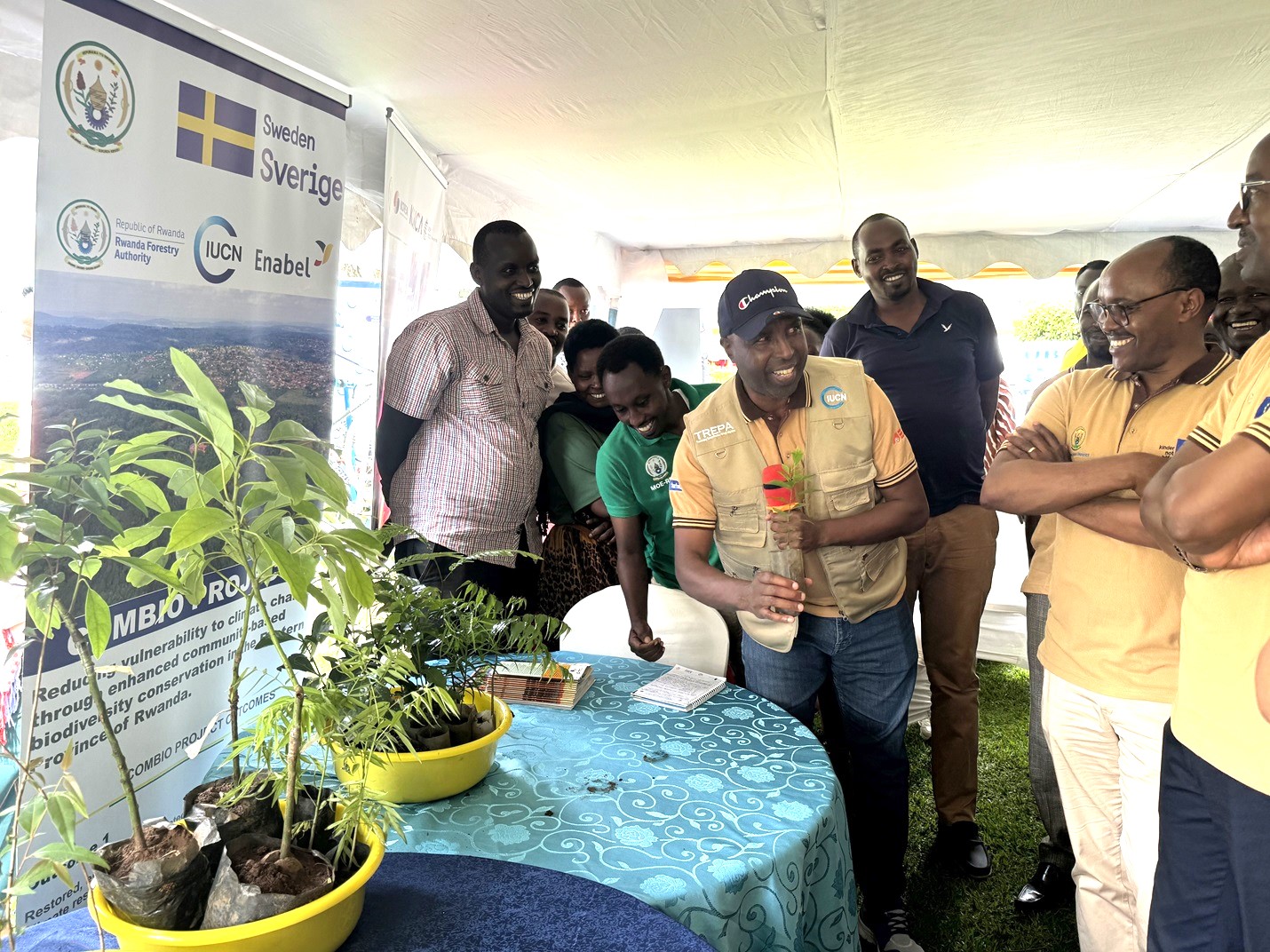EU adopts Regulation for deforestation free products: effective complementary measures key for conservation
Today the European Commission, Council and Parliament, after a so-called Trilogue, agreed on an innovative Regulation which aims to curb the EU’s contribution to trade-related global deforestation by keeping products linked to illegal production and deforestation off the EU market.
The Regulation prohibits the placing on the EU market of certain products if they are not produced according to the local law in producing countries, or if they have led to deforestation or forest degradation. Traders and operators placing products on the EU market, including soy, palm oil, cocoa, beef, coffee or timber, have to assure traceability to plot level, and must have proof of compliance to these new requirements.
IUCN Europe applauds the far-reaching Regulation which can have a positive impact on the ground for forests, especially if complementary measures are taken and if the EU Regulation indeed leads to the anticipated leverage on other markets such as in Asia. These markets are, for example, very important in global soy, palm oil and timber production. To have real impact, traders’ additional actions in these markets are key.
Furthermore, to combat deforestation on the ground, landscape-wide measures are needed, including positive incentives for farmers to produce responsibly and implement additional measures for nature conservation. Partnerships are an indispensable complementary instrument for the new EU Regulation to be a powerful element among others to ensure legality and conservation in commodity production landscapes worldwide.
"Unfortunately, the Trilogue has not led to the inclusion of other vulnerable ecosystems important for biodiversity and climate, such as “other wooded lands” including savannahs, wetlands, peatlands or biodiversity rich grasslands", said Alberto Arroyo Schnell, Head of Policy and Programme at IUCN Europe. "No later than one year after the Regulation enters into force the Commission plans to reassess whether and how to include “other wooded lands”, and within two years if other ecosystems with high carbon storage and biodiversity value can be included. It is important to not only protect forests, but all ecosystems threatened by commodity trade as soon as possible."
"It is a major step forward to give a clear responsibility to traders and operators to ensure forest protection and legality in EU value chains", said Heleen van den Hombergh, Senior Advisor Agro-commodities, IUCN National Committee of Netherlands. "Now it is key to build a toolbox that can serve the Regulation’s implementation, while adding other values of importance to the EU, including the responsible use of pesticides, soils and water, and respect for human, including labor rights. Support to responsible production and conservation, especially in risk landscapes, will be key to have genuine conservation impact on the ground and build future-proof landscapes”.
IUCN Europe gladly deploys its expertise, knowledge and tools for the effective implementation of the EU’s conservation and climate ambitions.
Contact:
IUCN media relations, press@iucn.org



